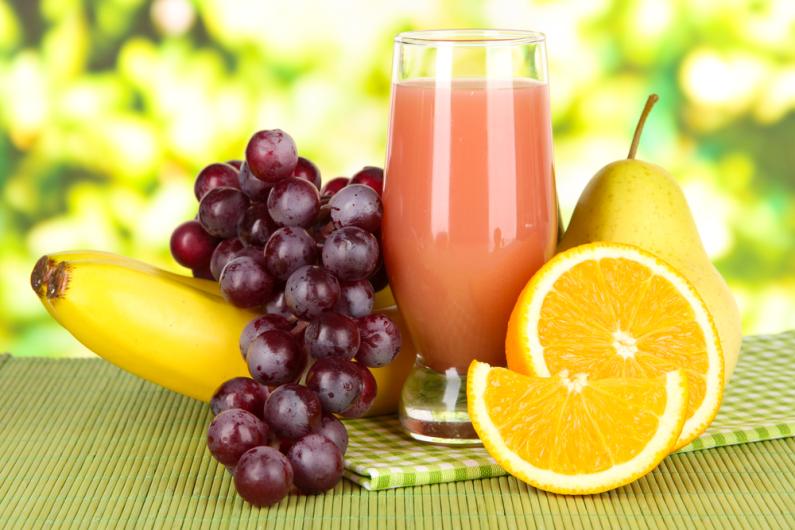
Those working for a translation service will usually need to be able to directly interpret content or speech into another language which is often the national language of the country. However, there are instances where this is not the case due to the country having more than one national language but certain words not directly translating to those particular languages.
German is one such language where the countries surround it such as Austria and Switzerland have very high numbers of German speakers, but within the food industry, there are different words for a range of products. Food manufacturers who ignore this element of translation or produce items in Germany for surrounding countries and do not use the local word for the product, will find they are failing to communicate with their target markets.
Food and Beverage Translations
Taking German as an example, the country itself is surrounded by other nations which either speak German-based dialects – such as Austria which uses Bavarian variances – or where there are a number of national languages such as Switzerland which includes German but also French, Italian and Romansch.
Companies which manufacture food and drink and need to translate into German for Austria and Switzerland where German is the first language of their consumers, need to be aware that there are a number of items which have localised translations. This means that whilst the packaging and cooking instructions can be in German, the name of the product needs to change.
Some examples of this are:
Cabbage
- Germany = Kohl
- Austria = Kraut
- Switzerland = Chabis
Chicken
- Germany = Hähnchen
- Austria = Hendl
- Switzerland = Güggeli or Poulet
Bread roll
- Germany = Brötchen
- Austria = Semmel
- Switzerland = Mutschli
Any food manufacturers then who are looking to translation and in turn localise products for German-speaking markets need to be aware that not all foods have the same name as the language spoken and whilst a German tourist in Austria would understand that a bread roll labelled in the supermarket as brötchen has meaning to them, to an Austrian shopper who speaks German as their first language, it would only cause confusion as they would be scouring the shelves for Semmel – the same item.
Add new comment